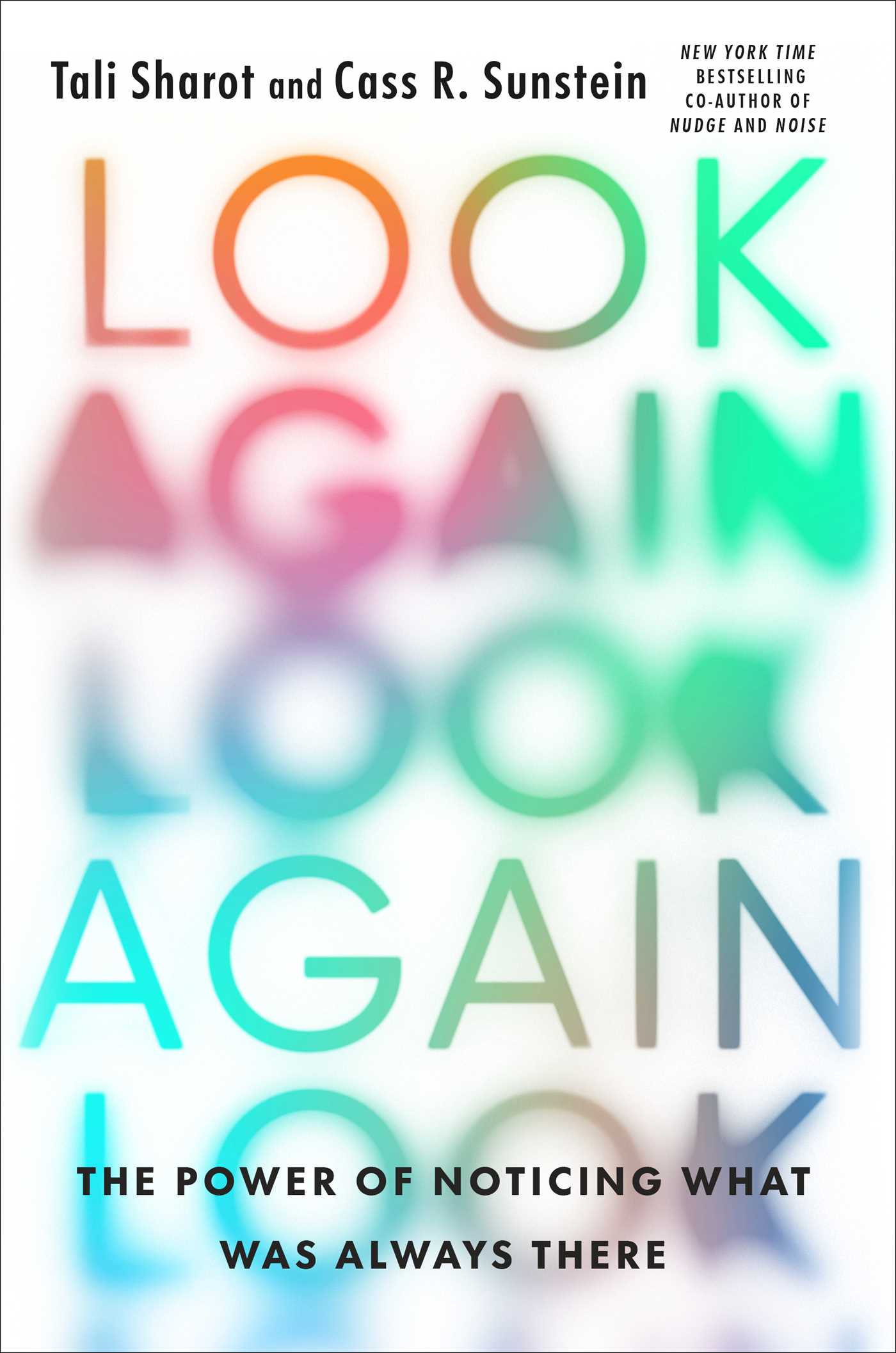
Stolen Focus: Why You Can't Pay Attention— and How to Think Deeply Again
Book Description
What if the world is conspiring to steal your focus? In "Stolen Focus," Johann Hari unravels the shocking truths behind our dwindling attention spans, exposing how our hyper-connected lives, relentless technology, and societal pressures warp our ability to think deeply. With gripping research and personal stories, Hari illuminates the devastating cost this has on creativity, empathy, and relationships. As he journeys through the chaos of modern distractions, he offers a lifeline—a blueprint to reclaim our cognitive power. Can we truly reverse the tide and reignite our ability to concentrate in an age of constant noise?
Quick Book Summary
"Stolen Focus" by Johann Hari is a thought-provoking exploration of why our ability to concentrate is under threat in today’s world. Hari investigates the many forces, from technology and social media to changes in our environment and societal norms, that systematically erode our focus and attention span. Drawing on extensive research, expert interviews, and his own personal experiments, Hari reveals how the architecture of modern life is designed to fragment our attention. The book exposes the consequences of this crisis, such as declining creativity, weakened relationships, and diminished well-being. Importantly, Hari doesn’t just diagnose the problem—he offers concrete, hopeful strategies for reclaiming our capacity to pay attention, think deeply, and reconnect with what truly matters.
Summary of Key Ideas
Table of Contents
The Fragmentation of Attention in Modern Life
Johann Hari opens by illustrating the epidemic of dwindling focus in modern society. Citing alarming statistics and personal anecdotes, he highlights how both children and adults are struggling to sustain attention over long periods. Hari sets out to investigate, traveling around the globe and speaking with scientists, attention researchers, and ordinary people affected by the crisis. He discovers that this is not simply a matter of personal failing or lack of willpower, but a collective problem rooted in profound changes in how we live.
The Role of Technology and Social Media
A significant portion of the book examines the outsized influence of technology, particularly smartphones, social media platforms, and algorithm-driven content. Hari exposes how these technologies are engineered to capture and monetize our attention, exploiting psychological vulnerabilities. He details the addictive mechanics of apps, notifications, and infinite scroll features, arguing that our devices are not neutral tools, but active agents in the war for our minds. This technological onslaught, he explains, continuously fragments our focus, making deep or prolonged thought increasingly rare.
Systemic and Environmental Contributors to Distraction
Hari explores how social and environmental factors further compound the problem. He discusses how changes in work culture, including increased multitasking and constant interruptions, have undermined our cognitive capacity. Broader societal issues such as pollution, poor diets, and lack of sleep also take a toll on our brains’ ability to concentrate. These systemic influences mean that individual efforts to improve attention, while important, are up against massive structural forces that demand coordinated responses.
The Impact on Creativity, Empathy, and Relationships
The consequences of scattered attention are profound. Hari details how our inability to focus undermines not just productivity but core aspects of human experience—creativity, empathy, and the depth of our personal relationships. He shares narratives of adolescents unable to read books, professionals unable to complete projects, and families struggling to connect. The cost, Hari argues, is a society less equipped to solve complex problems, create art, or simply be present with one another.
Blueprints for Reclaiming Focus
Despite the grim diagnosis, Hari concludes with actionable hope. He proposes individual strategies, such as establishing tech-free zones, reconnecting with reading, and prioritizing real-life relationships. However, he is clear that the ultimate solution requires systemic reform: regulation of attention-harvesting technologies, changes in work and education, and broader cultural shifts to value depth over distraction. By reclaiming our focus both individually and collectively, Hari believes we can restore our capacity for deep thought and live more fulfilled lives.
Download This Summary
Get a free PDF of this summary instantly — no email required.





